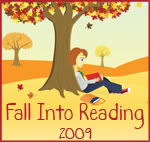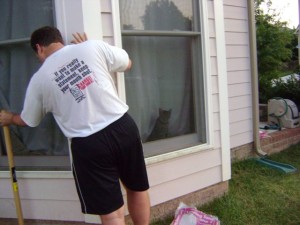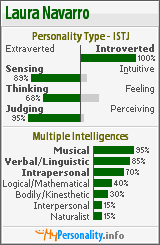I was reading a book today (great book, check back 10/5 for the review!) and it referred to a poem by Max Ehrman called Desiderata.
Here is the portion quoted:
Beyond a wholesome discipline, be gentle with yourself.
You are a child of the universe, no less than the trees and the stars;
you have a right to be here. And whether or not it is clear to you,
no doubt the universe is unfolding as it should.
This fits in with the line I took away from Let Go by Sheila Walsh, a quote from Coach Bear Bryant after his team lost a game that should have been an easy win.
What should have happened did.
It is something I am learning. Not fatalistic giving up, but accepting that I am who I am and where I am and I can build on that and grow, but there is no need for or room for regrets and “should have beens” just peace and strength for now. This is a theme that is growing this year as God puts these across my path.
*****************
This weekend I read Anna Karenina by Leo Tolstoy. It was an easy read and while it got very detailed I never skimmed or skipped sections because all of it told more about who the character was. SPOILER ALERT! I’m going to talk about the stories a bit, so if you don’t want to know anything at all about it before you read it, skip on down.
It is really two stories in one. The story of Anna and her affair and how she and that portion of society throw off the traditions and conventions in an attempt to be more free and (not honestly or even realistically) unencumbered by concerns about what others think or how others feel. Anna walks out of her marriage and abandons her son, but never truly trusts the love and commitment of her lover. Perhaps if they had been able to be married, but wouldn’t that have been a convention? Her story ends with a very detailed and moving description of depression and how debilitating it is. And the depression, in part, seems to be due to that loss of convention that would reassure her of who she is and where she is and what she can count on. Aided definitely by the fact that outside of her lover she had no identity or reassurance of what her purpose was. In short, no relationship with a Savior.
The other story is that of Levin, a land owner who is fascinated by trying to make farming work, with tools, techniques, and the native Russian workers. He deals with resistance to change (we’ve always done it this way) and laziness (it’s easier to do it this way and then sneak in a break) and ridicule from upper society that doesn’t understand why he would want to work, but also tries to impose idealistic solutions for improving the lower class.
Tolstoy was a Christian and Levin is also searching for God, even when he thinks he’s comfortable with no belief in a higher power. Many of the other characters are also searching or confronted with their empty faith. It is interesting to see how prevalent church attendance was in Russia once.
********************
Next: I was getting ready for church Sunday and as I thought through a short prayer to God during the various things I had to remember to do here and the list of things I needed to get done when I got to church, I had the random thought that God knows my strengths and weaknesses, where my sins are. But I trust Him with them because when He disciplines me or criticizes me it is something that really needs work.
I guess where I was going with that thought was that often people point out some issue or defect as if it has to be fixed right now when it’s really just some trivial thing that I don’t do the same way that person would do it. But if God brings it to my attention He has my eternal salvation in view so I can trust that it needs to be addressed and turned over to Him. Plus, even while He’s persistent and serious, He’s also gentle and full of love.
Nothing specific going on, just that the thought crossed my mind.
That’s it for now!


















